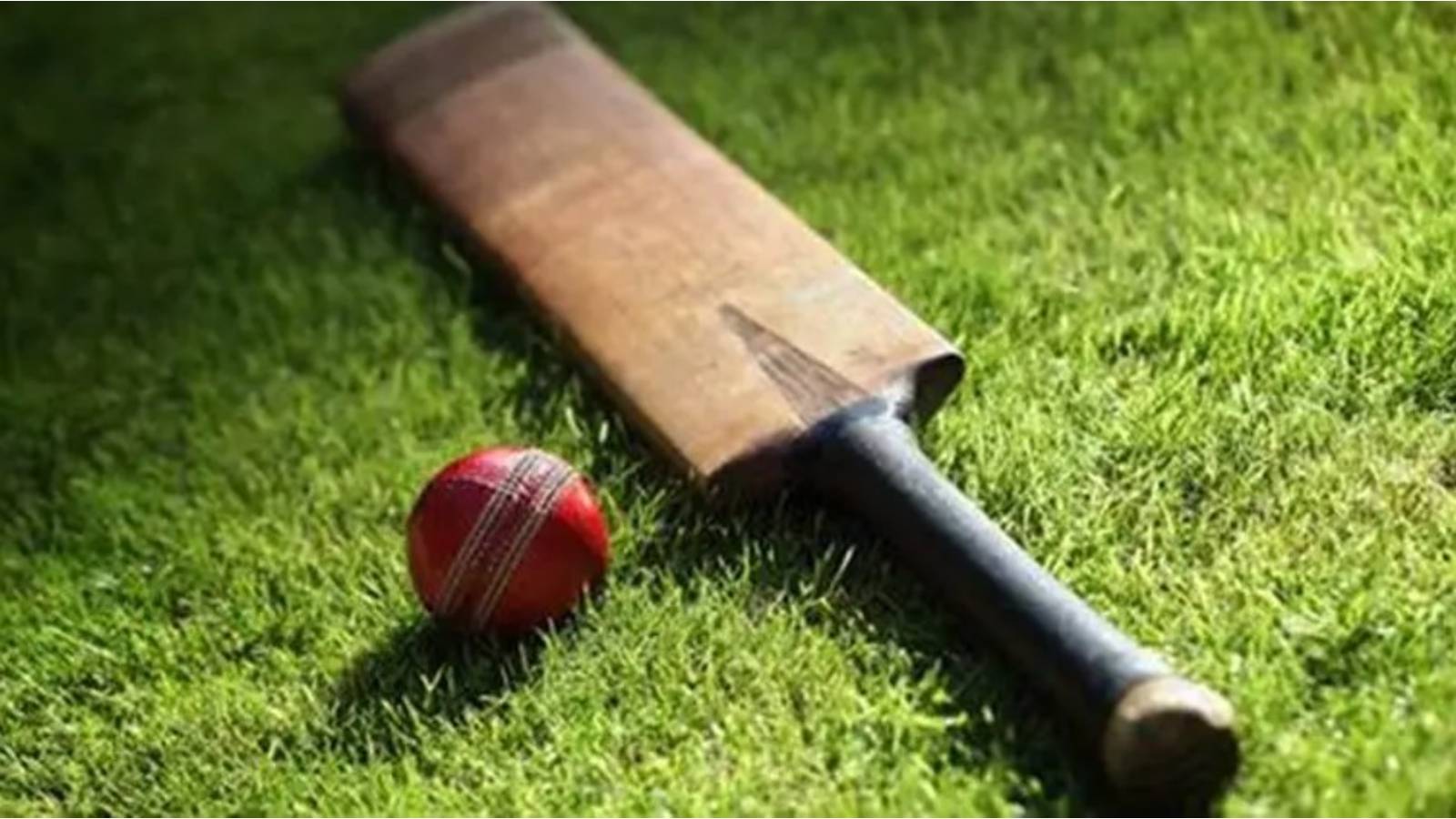Bengaluru: There was a three-way tie for first place at the WR Masters in February 2023. The organisers suggested a shared first place if the co-leaders were on board with the idea. The then world No. 2 Ian Nepomniachtchi and two-time World Cup winner Levon Aronian found the idea reasonable – they preferred a shared first place to tiebreaks. The third co-leader shot it down and insisted that tiebreaks be played.
That player was D Gukesh – then just 16, and lower rated than both players. “I thought, ‘wow, this guy is a special character’,” Aronian tells HT. “He’s so young but doesn’t care if somebody is stronger or more experienced than him. He just wants to shoot for the stars.” Aronian went on to win the tournament in the rapid tie-breaks.
A little over a year later, Gukesh became the youngest-ever Candidates winner. He will take on defending champion Ding Liren at the World Championship in Singapore four days from now.
As a young boy, Gukesh spent many nights curled up in the back of the car while his father, Rajini Kanth, drove him to weekend chess tournaments. Chess happened because it seemed like a good way to kill time till his father — an ENT surgeon — got out of work and picked him up from school. His mother, Padma, is a microbiologist.
“Enrolling him in a chess class in the after-school hours seemed like a more productive idea than him waiting for me in the school corridor. We never imagined things he’s doing today were even possible”, says Rajini Kanth, who continues to travel with Gukesh for tournaments.
Among the group of 6-7-year olds he taught chess to, at the Velammal Vidyalaya in Chennai, V Bhaskar noticed Gukesh almost immediately. “Gukesh was a 7-year-old who wouldn’t get up from his seat until he finished the work he was assigned,” said Bhaskar. “He didn’t mind sitting for 3-4 hours and playing chess in class if he had to. No matter what the result, he was always calm. So much so that I had to ask him if he had won or lost.”
The first tournament he played, Gukesh lost. “I thought he might not want to play another tournament,” says Rajini Kanth, “But he seemed pretty sure that he wanted to continue… Initially I had no idea about ratings and how serious the whole affair of getting better at chess can be. I began to Google these things and check with parents of other chess kids during tournaments. From all that to a World Championship, it’s been quite the ride.”
Until he was of reasonable strength, Gukesh’s former coach Vishnu Prasanna didn’t introduce chess engines into his preparation. They would, however, analyse games played between engines. “Our early method of training was to look at positions and generate ideas. He was able to stay focused for long periods and keep coming up with ideas. It’s something he did really well and that’s helped him I suppose,” Vishnu tells HT.
“Before we introduced Gukesh to engines, we would go over games between the slightly obscure engines. Ones like SugaR and AsmFish, for instance. Engines are after all more innovative and less prejudiced than humans. Gukesh picked up lots of ideas from these games. When you look at the computer for ideas, you suddenly realise that the scope of what’s possible is wider than what you previously believed.”
Once he began using engines, Gukesh’s approach changed drastically, Vishnu points out. “He seemed happy to attack from the outset with very early aggression and much sharper openings. Things he wouldn’t do earlier.”
Even as a 12-13-year-old, Gukesh’s confidence stood out. “He was always pushing for a win,” says Aronian.
Gukesh has only grown hungrier and more dangerous. His game against Wei Yi at the Olympiad this year – where he posed problems, drummed up tension and played with great accuracy to find only moves (any other move can lead to loss of material, disadvantageous position or checkmate) in the endgame – was revelatory of his resourcefulness and killer instinct.
It’s the stuff that sets apart good players from the extraordinary ones.
Gukesh’s calculation abilities have been the subject of much admiration, with even world No 1 Magnus Carlsen wondering aloud how the teen finds the time to calculate so deeply during a game.
“Gukesh is a very precise player,” says Aronian, “For example, certain positions that Gukesh goes for, I would never consider. It’s because I would be telling myself that, ‘okay, this can only work if I sit and calculate it till the very end’. So, he’s certainly far more ambitious and is willing to accept lots of challenges on the board. It’s not the style, or manner in which generations of players before him functioned. This is the new age of chess.”
Gukesh’s tenacity has been rewarded with early success. At 18, he is bidding to become world champion. The hot spotlight of fame must now feel familiar, after historic showings at the Candidates and the Olympiad. He spent part of the pandemic reading My Great Predecessors, in which Garry Kasparov discusses the world champions who preceded him, while also following the Candidates and rooting for Ding.
Little did he know that he would be battling the same guy for a world title in a couple of years. A quirk of fate, fuelled by dollops of talent and ambition. Though Gukesh goes in as favourite based on recent form, match play is a whole different beast – both in kind and enormity. How will he hold up?






